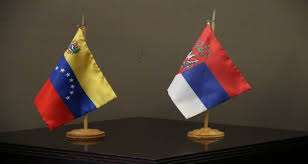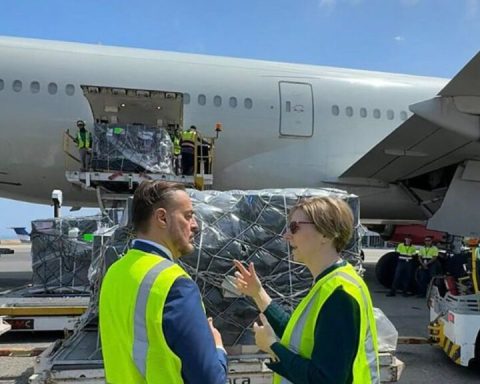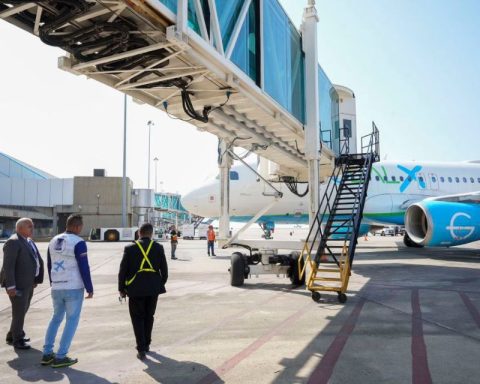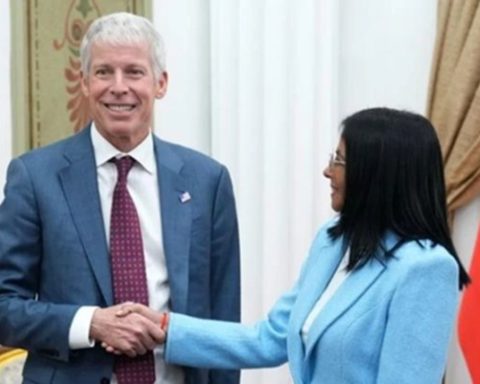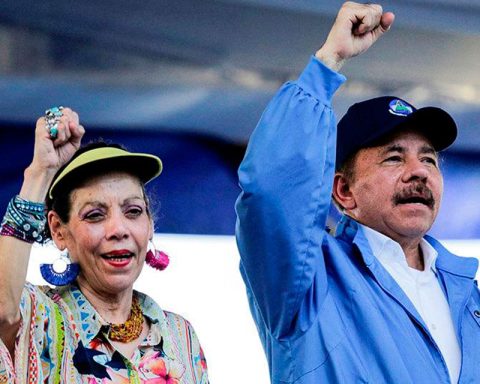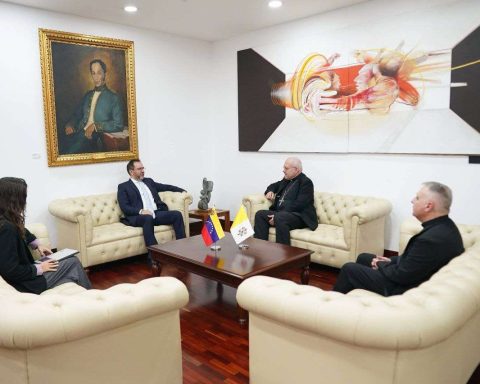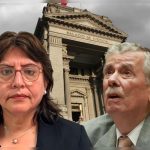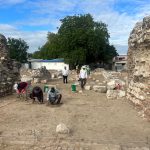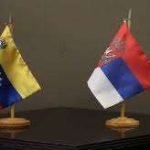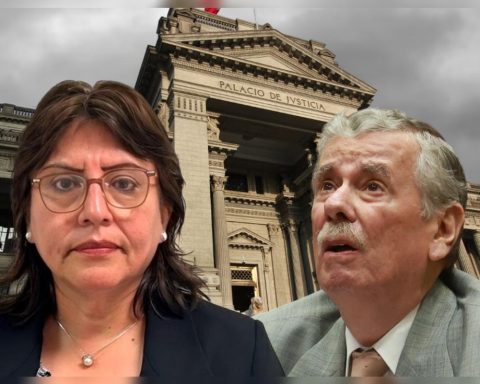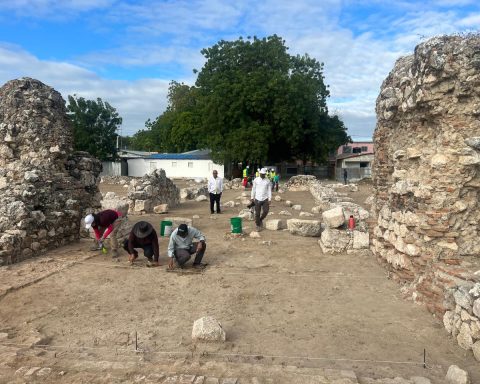The United Nations Children’s Fund (Unicef) applauds the educational innovations developed by Venezuela, through the Ministry for Education, which correspond to good practices for a territorialized educational system.
The statement was made this Friday by the UNICEF representative in Venezuela, Abubacar Sultan, who stressed that the methods implemented by the Venezuelan Ministry of Education are innovative and “correspond to good practices for a territorialized educational system,” during his participation in the Forum International: Let’s talk about Quality educational.
These experiences and implemented methods contribute to educational achievements in the short and medium term, Sultan said.
For Sultan, the set of Venezuelan methods constitute innovations that allow the territorialization of education.
In this sense, he highlighted the local management and transformation of development centers to improve educational quality.
He UNICEF representative in Venezuela, he emphasized that the participation and active contribution of the Ministry of Education has allowed great changes towards educational transformation.
“From Unicef we recognize the active participation of the Ministry of Education in the educational transformation,” he said.
Pandemic affected education
Abubacar Sultan explained that after emerging from the pandemic or the last phase of the covid-19 pandemic, the negative impact it had on educational quality became evident.
In this phase, the great problems left by the negative impacts of the pandemic on the quality of education were identified, for which a joint effort was carried out with the Ministry of Education to counteract these effects.
“We were able to work with Minister Santaella and her team in a consultation that allowed for a couple of things that were not aligned with the objectives: firstly, the educational consultation, to explore the priorities of Venezuelans in this matter, an issue that was successfully achieved; then came the active participation in the pre-summit and the contribution in the process of educational transformation”, she recounted.
In this sense, Unicef, said Sultan, recognizes the great contribution to the country through the prioritization of educational quality, “and for that I congratulate you,” he said.
UNICEF recommendations
Likewise, he emphasized that after the pandemic, UNICEF made a series of recommendations, which “many of them are already underway”, however, they are influenced by global changes that in one way or another generate crises in countries , stressed the official.
global polycrisis
Regarding the global polycrisis, Abubacar Sultan considers that it is a term that refers to elements that affect humanity, “that is, a multisystem crisis that has recently emerged, which threatens the world educational system.”
“Elements that affect global reality and are related simultaneously and that have to do with climate change, with the entire economic context, inflation, and a set of issues that are added to the situation of the pandemic, thereby challenging way to education,” he said.
He noted that in the face of these global situations “more investment is needed and that work be done deeply on educational transformation, imagining educational systems that guarantee the education of the future.”
Unesco recognizes government efforts
For his part, the director of the Regional Office of the United Nations Educational, Scientific and Cultural Organization (UNESCO), Julio Carranza, highlighted the effort of each of the national government officials in the educational transformation of the country, especially highlighting the work carried out by Tibisay Lucena and Aristóbulo Istúriz.
At the beginning of his presentation, he paid a well-deserved tribute to Tibisay Lucena and Aristóbulo Istúriz, fundamental companions in the recent history of Venezuela, he said.
“The history of Venezuela could not be written without mentioning them, I am very sorry for the physical loss of both colleagues,” he said.
“Every time one arrives in Venezuela, one is surprised, because we can appreciate the affection and respect that their ministers feel,” he said.
Let’s talk about educational quality
The International Forum “Let’s talk about Educational Quality”, held in Caracas, places the school as the epicenter of action and social and territorial development.
The national government maintains educational policies that have given greater importance to the school, highlighting school autonomy and participation as the center of an educational policy that aims to improve the results of the provision of educational services, expressed in terms of free, access, efficiency and quality.
In this sense, the Venezuelan State through its public policies manifests as an objective to achieve social justice based on social inclusion, to enjoy rights, reducing inequities and prioritizing social needs.

